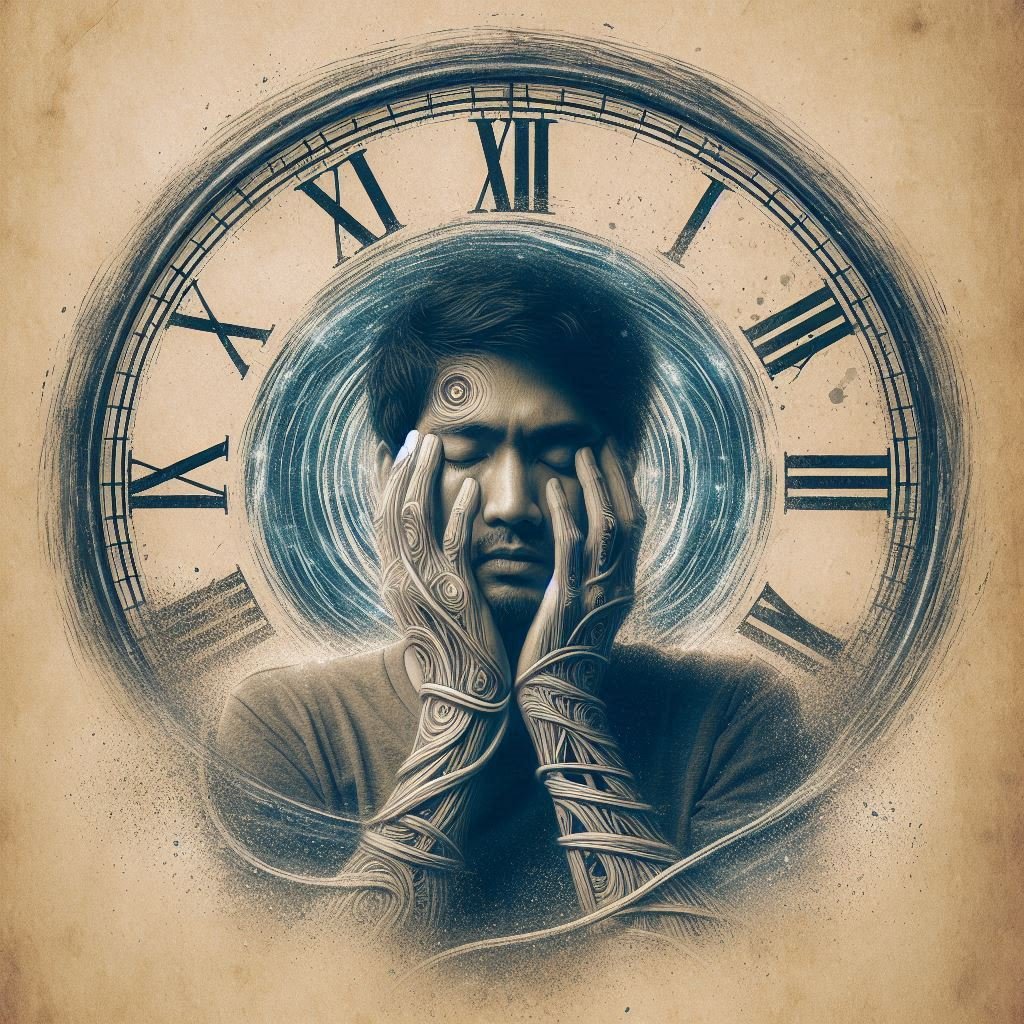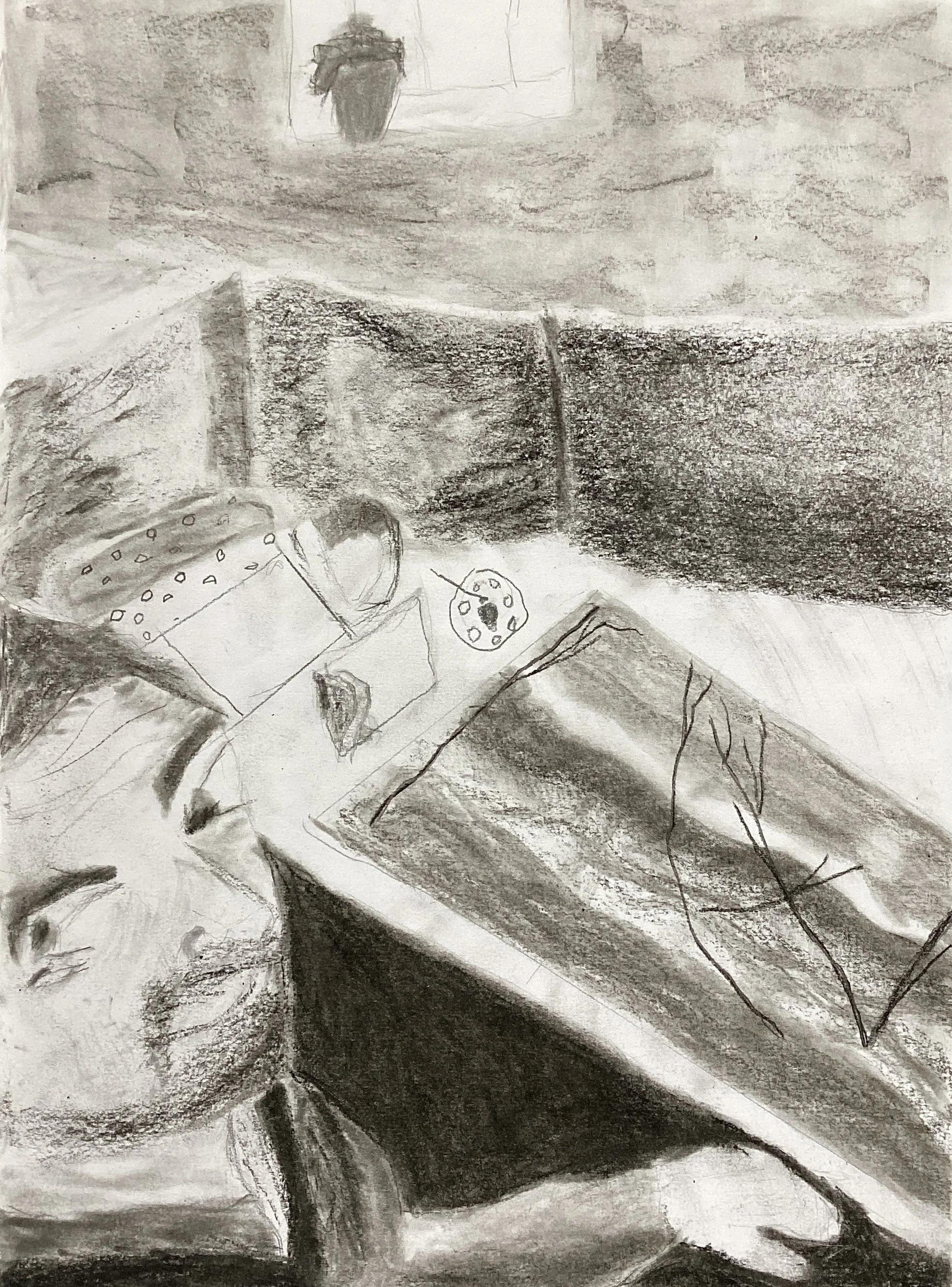The Connection Between PTSD and Brain Injury
Post-Traumatic Stress Disorder (PTSD) and brain injuries, particularly traumatic brain injuries (TBIs), are closely connected. Both conditions often occur simultaneously, especially in military personnel, athletes, and accident victims. TBIs can exacerbate the symptoms of PTSD, making the recovery process more complex.
Understanding Perseveration After Brain Injury: Overcoming Memory Loops
Perseveration, or the uncontrollable repetition of a thought, word, or action, is a common issue following a brain injury. This phenomenon can manifest as persistent memory loops, where individuals continuously relive moments from their lives before the injury. These repetitive cycles can severely impact their ability to move forward and engage with their current lives.
“Just Letters” A Guest Blog About Brain Injury - by Greg Pastore
It didn’t occur to me until days later that I had been in a ski accident and was totally paralyzed. A merciful doctor diagnosed me with locked-in syndrome. A blot clot formed in my neck, broke free, and entered my brain stem causing an ischemic stroke; I was lucky to be alive. He didn’t need to explain further – I was trapped in my body or ‘locked-in.’ What hope did I have to live a normal life? I’d ruminate on this until the words lost their meaning.
The Vital Role of In-House Clinical Support Services in Connecticut's ABI Waiver Program
In the realm of brain injury rehabilitation, access to comprehensive clinical support services is paramount for achieving optimal outcomes. Within the Connecticut ABI Waiver Program, The Supported Living Group (SLG) stands out for its commitment to providing in-house clinical support through neuropsychologists and board-certified behavioral analysts. In this blog post, we delve into the importance of these specialized services and their profound impact on individuals navigating the complexities of acquired brain injuries (ABI).
Understanding the Impact of Memory Loss Associated with Brain Injury
Memory loss is a common and often significant consequence of brain injury, affecting individuals in various aspects of their lives. Whether the injury is caused by trauma, stroke, or other factors, the resulting memory impairment can have profound effects on cognitive function, daily activities, and overall quality of life





